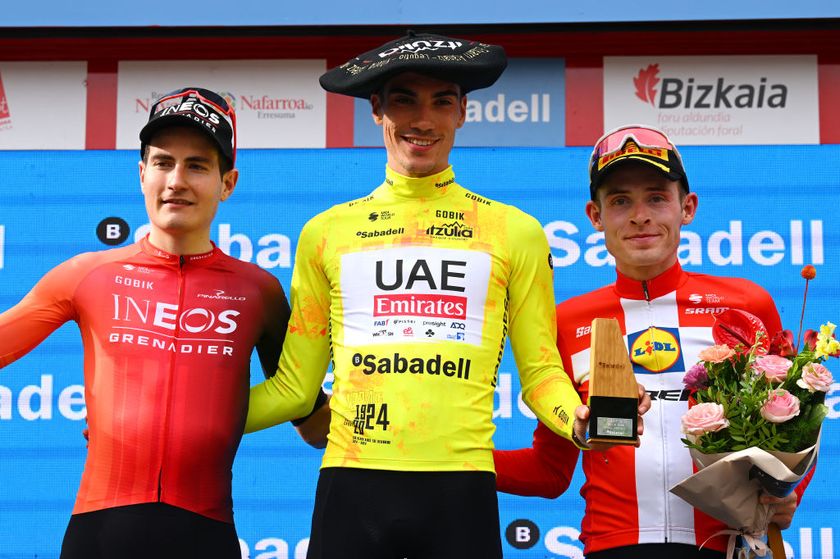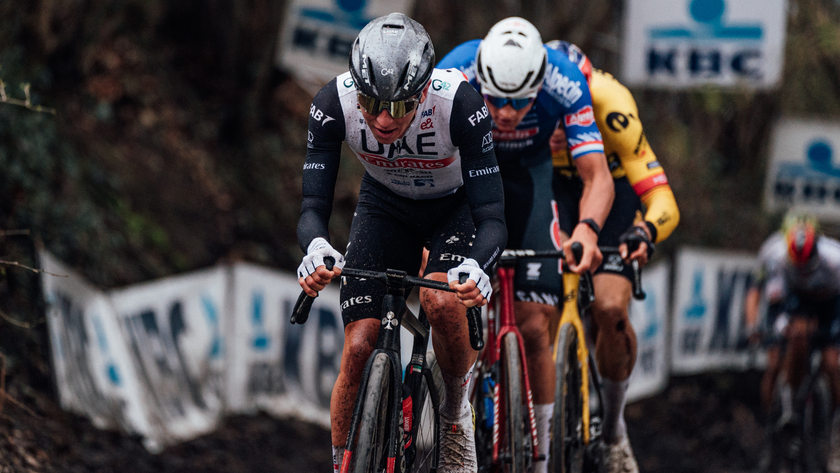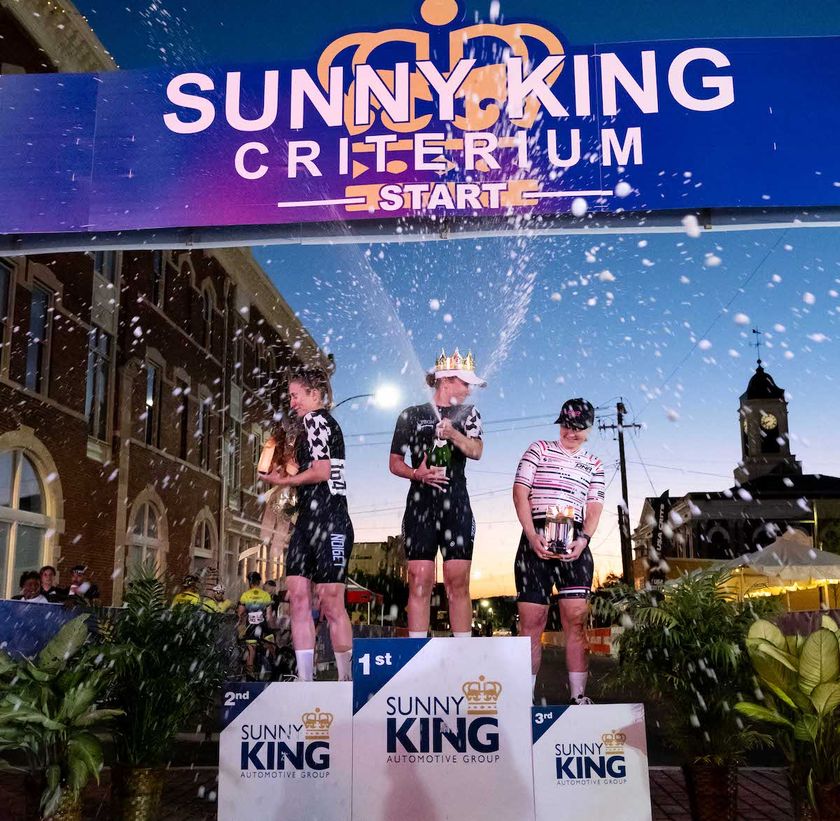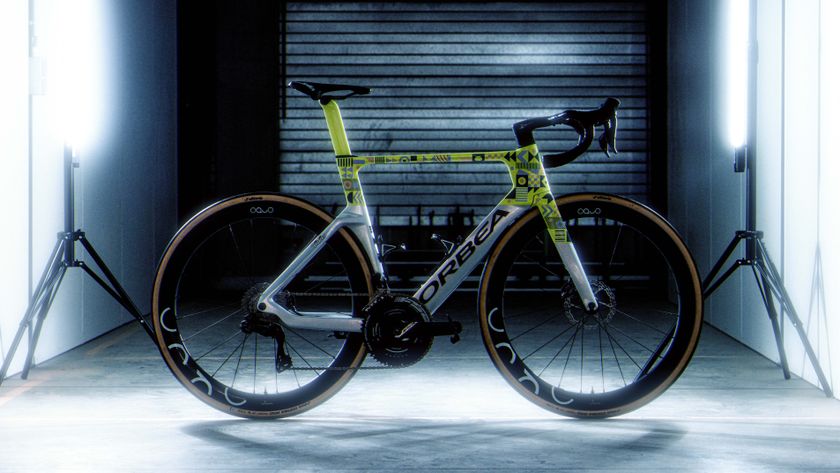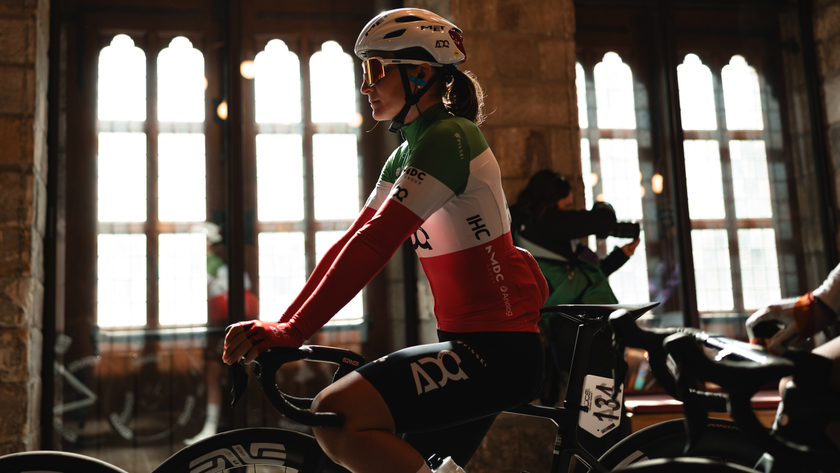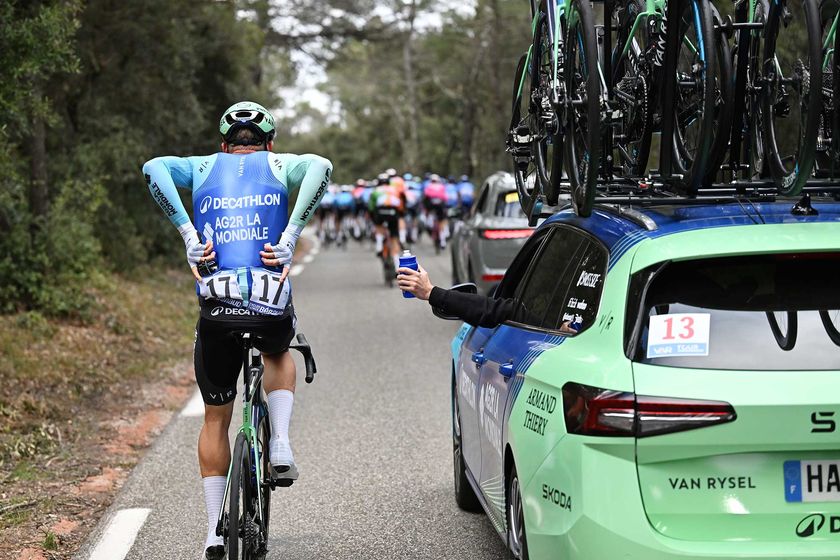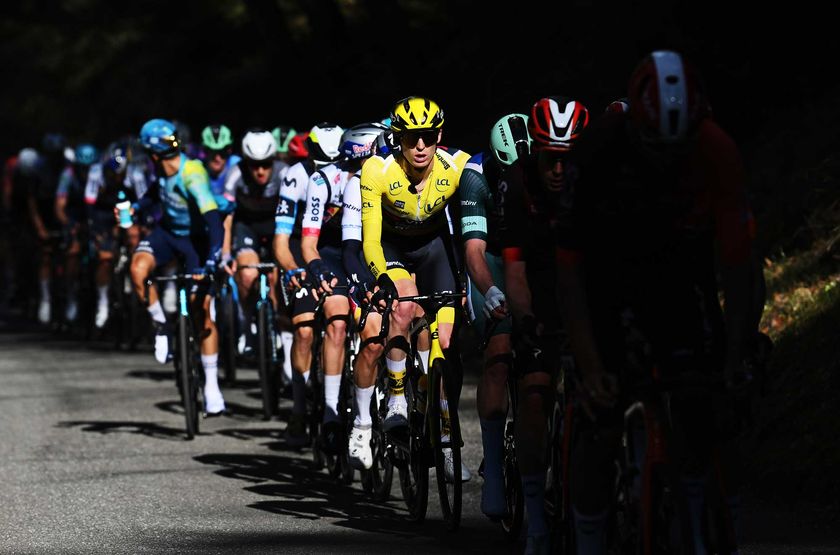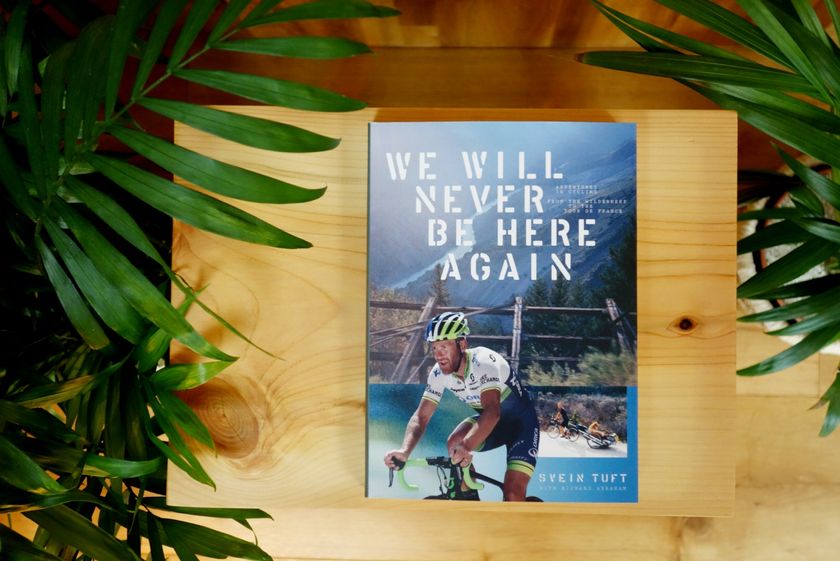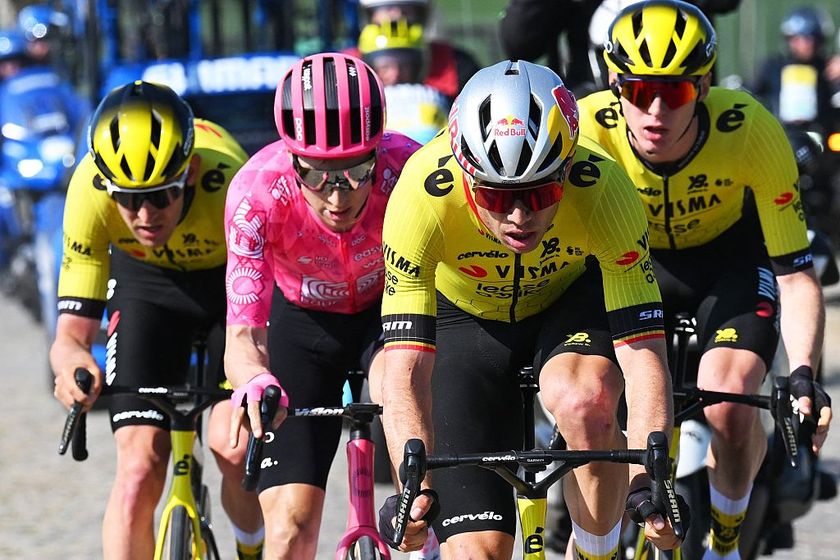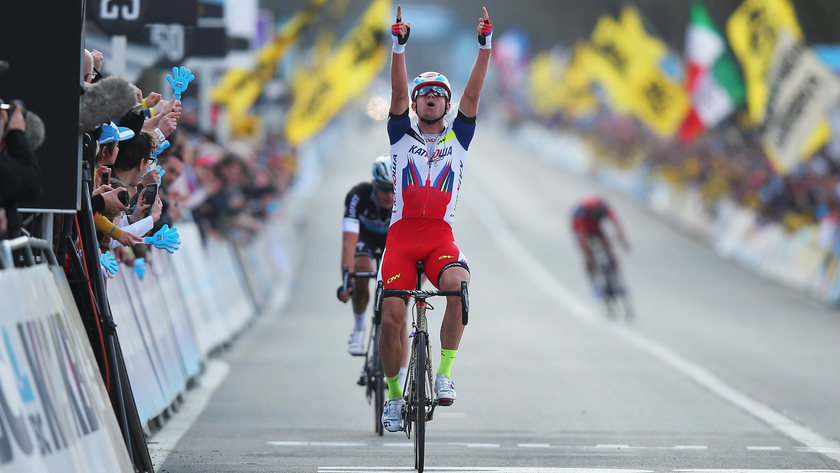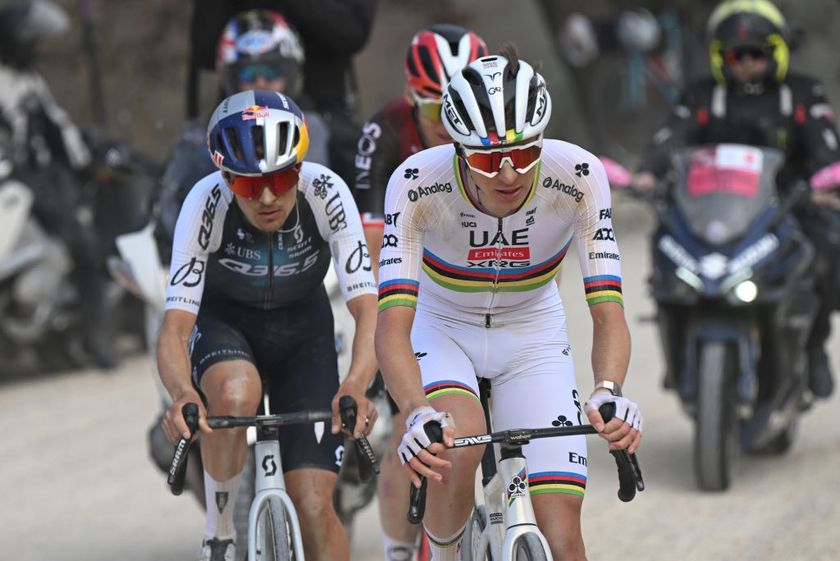Winners and losers from the spring Classics
Our analysis of the riders and teams
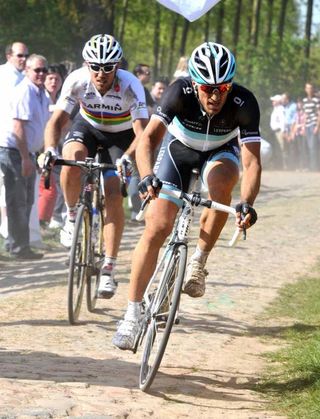
Philippe Gilbert (Omega Pharma-Lotto)
So many superlatives were thrown the way of Gilbert but it is almost impossible not to stand back and admire his sublime talents throughout the spring. He was third in Milan-San Remo, ninth in the Tour of Flanders, and then became unstoppable thereafter with wins at Flèche Brabançonne, Amstel Gold Race, Flèche Wallonne and Liège-Bastogne-Liège. No rider had ever won all four Ardennes races in succession.
In Brabançonne, he was dominant; Amstel, tactically perfect; Flèche Wallonne, brutally superior and at Liège, capable of dealing with both immense pressure and the best that Leopard Trek could throw at him. The debate as to whether he’s the best one-day rider of his generation is already underway.
Yet cycling fans have justification in being cynical about modern-day champions. Davide Rebellin, the last and only man to win the Ardennes treble, was banned in 2009 after testing positive for CERA at the Beijing Olympics. While Gilbert’s record of race wins is almost a carbon copy of the Italian’s, that’s where the similarities appear to end. Outspoken on doping, backed to the hilt by Marc Madiot and many others, his performances deserve to be taken at face value.
Marc Sergeant
The Belgian team manager overpays on rider contracts – or so we hear – but there’s no arguing with Sergeant’s talent at spotting the next big thing. Gilbert was hardly an unknown when he was plucked from Madiot’s FDJ team, but Sergeant deserves credit for taking the risk, building a team around him and transforming Omega Pharma-Lotto into Belgian’s number one team. The trick will be hanging onto Gilbert but don’t be surprised if Sergeant finds another sparkling gem before the end of the season.
The current fear is that Omega Pharma-Lotto is a one man team but with Andre Greipel having already provided a couple of handy wins and Jurgen Van Den Broeck a potential for the Tour podium, they have other talents. They don’t have another Gilbert but then again who does?
Get The Leadout Newsletter
The latest race content, interviews, features, reviews and expert buying guides, direct to your inbox!
Rumours that the team may split at the end of the season with Lotto and Omega-Pharma separating into two teams have been mentioned in sections of the press but and would cut short the evolution of a great team.
In our winner’s section but by the skin of their teeth after a total no-show in the Ardennes. The American team were off the pace and out of luck in Milan-San Remo, simply rotten at the Tour of Flanders but tenaciously bounced back to take a thrilling Paris-Roubaix victor when their backs were truly against the wall.
Van Summeren, one of the most down-to-earth pros you could meet, was a deserving winner of the team’s first Classic and testament to their strength in depth. If they can take the aggressive, clinical attitude they found on the road to Roubaix into the rest of the season they’ll come very close to being the world’s top team.
Not the force he once was but the Belgian took a fine win in Gent-Wevelgem. He was an aggressive fourth in the Tour of Flanders but mechanical problems at Paris Roubaix brought him back down to earth. While he’s not the rider who won over 60 races between 2004 and 2006, he clearly isn’t a burnt-out star either. He still has at least one big classic win in his legs.
Fabian Cancellara (Leopard Trek)
No win and went out with a whimper in the Amstel Gold Race but Cancellara, as we said after Roubaix, deserves praise for being part of one of the most exhilarating spring Classic campaigns in recent history. More Goliath than Superman, he was a constant danger and the scene of him cracking in Flanders as an entire peloton mobilised against him was one of the most memorable and fascinating moments of the entire season.
However, with no big win to his name there is still the overriding consensus that he raced more with his legs than with his head. He remains an immense powerhouse nevertheless and will surely win big later this year and next spring.
Ben Hermans (RadioShack) and Jelle Vanendert (Omega-Pharma Lotto) showed flashes of their potential but Thomas stood out for both his consistency and strength. The Brit came into the cobbled campaign as support for Juan Antonio Flecha but after his display in Dwars Vlaanderen he was made a co-leader for Roubaix. Crashes ruled him out of the reckoning there, but his result in Flanders coupled by the fact that he’s out of contract at the end of the season means a number of teams will be sniffing around the British road champion.
Nick Nuyens (Saxo Bank-Sungard)
Winning Flanders elevated Nuyens from the rank of disappointing also-ran to fully-fledged classics star. As he crossed the line in Flanders an Italian television announcer asked live on air – accidentally we hope – ‘who the f*ck is Nick Nuyens?’ She and everyone else know him now.
We barely noticed he was racing. A win all round.
The Losers
Stijn Devolder (Vacansoleil-DCM)
Not one top fifty placing in Flanders, Roubaix, Amstel or Liège says it all.
So much promise – they made the podium in every major race bar Flèche Wallonne and Dwars Door Vlaanderen – but so little reward. In Cancellara they had a rider arguably as strong if not stronger than Gilbert, but on the cobbles he lacked both a team and, more importantly, the guile and racing brain of the Belgian.
Each of Cancellara’s telegraphed attacks were predictable and over-reliant on one tactic, while the Schleck’s performance in Liege was a damning demonstration of their lack of imagination when it comes to going for the jugular. Reliance – like Cancellara – on one tactic coupled with the fact they have an inability to race for one single brother will lose them more races than it wins.
Take note: if they race like that at the Tour, and Contador is on the start line, the Spaniard will win his fourth yellow jersey. And while we’re at it and making Tour de France predictions – Fränk to finish ahead of Andy this year.
Damiano Cunego (Lampre-ISD) and Filippo Pozzato (Katusha)
Cunego had the chance to leave Lampre at the end of 2010 but chose to re-sign for the money. At the time it was obvious he needed a fresh start and not even 6 months on, his decision to stay in pink and blue seems to be a glaringly mistake. Not that staying with Lampre is the sole reason he bombed this spring. There was an ear infection at the start of April but Cunego has gone backwards since winning two classics in 2008 and there doesn’t appear to be any sign of him returning to top form. Having given up on major tours – a few years too late – he must now try and define just exactly what rider he can be for the future. A classics thoroughbred or not?
As for Pozzato a change of team can’t come soon enough. Publicly criticized by the no-nonsense Tchmil, the Italian finds himself out of favour at Katusha, despite being the team leader. Luckily for him Italian cycling is desperate for both a classics rider and a level of credibility so a new team will at least match some of what Pozzato is already earning.
No Monument since 2009 and the signs don’t look too good with Boonen still uncertain about his future at the team. However, could his possible departure be the re-making of both him and Lefevere’s team? The squad is in desperate need of a spring clean and their stagnation and over-reliance on a leader with waning powers has been their downfall. Chavanel stood out as a good alternative on the cobbles and was unlucky not to come away with a win.
It appeared that Team Sky had learnt much from their bumpy start in 2010 and began the season with a more relaxed environment at their team camp, realistic expectations and a handful of wins in minor races. All looked well on the eve of Milan-San Remo. However, as the Classics played out it became glaringly obvious that Team Sky had missed one important aspect from the winter: signing riders. Last year showed that while Flecha will always be up there – and he’s recently rumoured to have re-signed – he has little chance of ever winning a major classic, while Boasson Hagen has a worrying injury record.
Simon Gerrans’ podium at the Amstel Gold Race and Rigoberto Uran’s fifth at Liège-Bastogne-Liège aside, their best result was Flecha creeping into the top ten at Roubaix and Thomas’s promising ride at the Tour of Flanders. However given their budget and their readdressed goals away from the Tour, this was a poor campaign.
Not bad, with a podium in Paris-Roubaix and plenty of aggression out on the road, but more was expected after the incredible start the team had to the season, especially from Robert Gesink, who consistently underperformed in the Ardennes.
